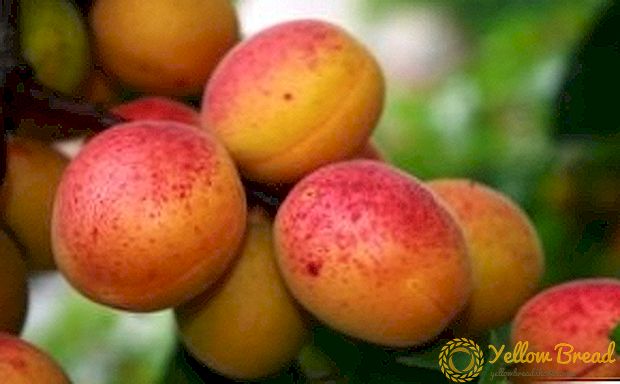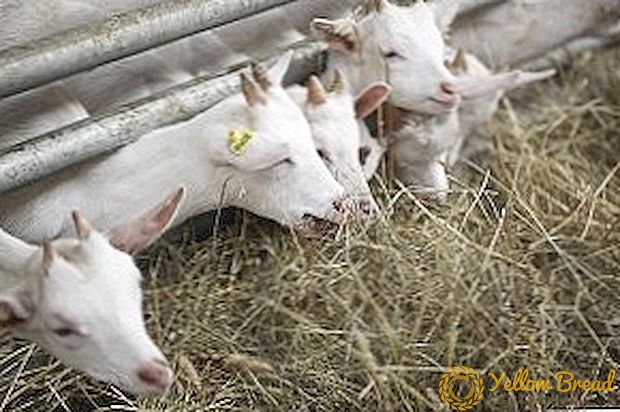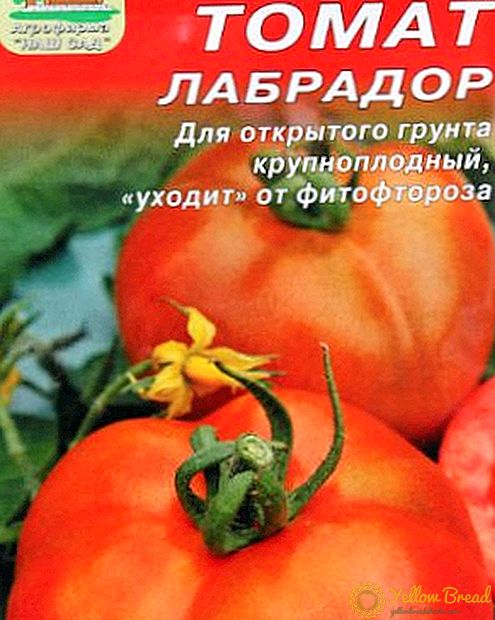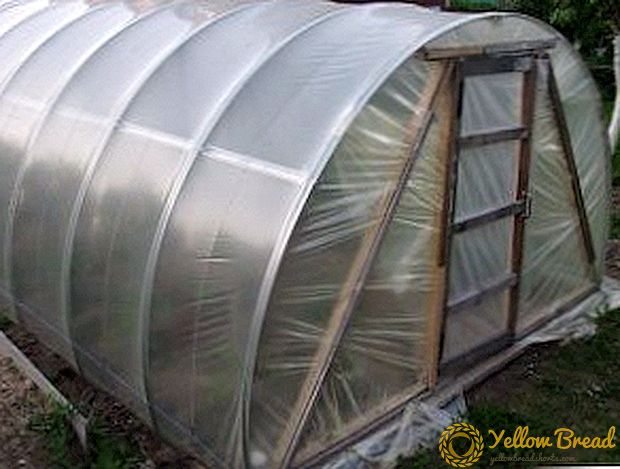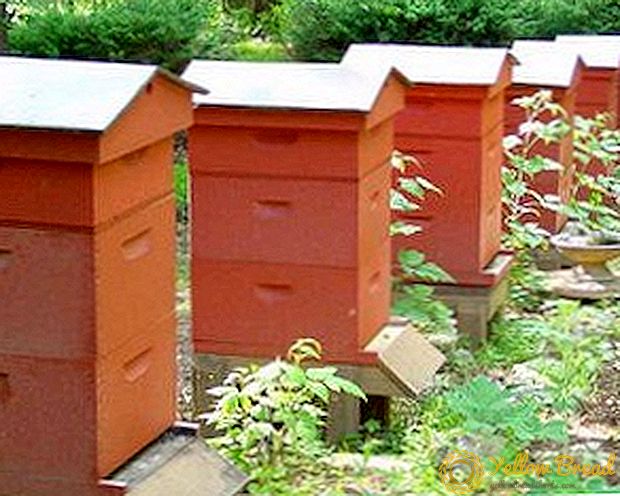"Food production should double by 2050 to feed the growing population of the planet." This truism has been repeated so often in recent years that it has received wide recognition among scientists, politicians and farmers, but now researchers are challenging this assertion and proposing a new vision for the future of agriculture.
A study published in Bioscience suggests that production will likely need to increase from 25 to 70 percent to meet food demand by 2050. The statement that we need to double the volume of world production of crops and animals by 2050 is not supported by data, according to Mitch Hunter, a doctoral candidate in agronomy, at Penn State College of Agricultural Sciences. According to him, the analysis shows that production should continue to increase, but not as fast as many say.
However, clarifying future food demand is only part of the story. "In the coming decades, agriculture will be called upon to feed people and provide a healthy environment," said Hunter.The researchers argue that quantifying indicators will clarify the scope of the problems that agriculture will have to face in the coming decades, paying particular attention to research and policies to achieve specific results. 

